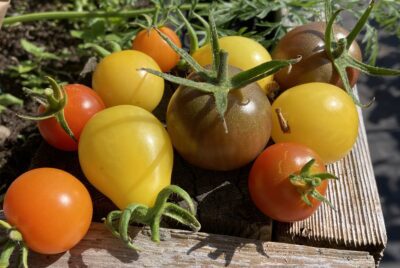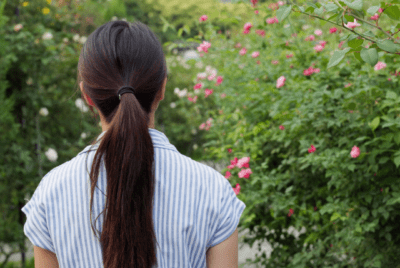RESEARCH
Horticultural Therapy Program for Improving Emotional Well-Being of Elementary School Students: An Observational Study
Summary
A study on 582 elementary school students (ages 11–13) explored the impact of a 7-session horticultural therapy program designed to enhance emotional intelligence, resilience, and self-efficacy. The program, which integrated gardening activities with emotional skill-building, significantly improved emotional intelligence across both genders, while resilience and self-efficacy showed greater improvements in male students.
Students participated in activities like planting, soil mixing, and plant propagation, alongside lessons on understanding emotions and positive thinking. Over 70% of participants expressed high satisfaction, indicating the program’s effectiveness in supporting social-emotional learning. The findings highlight horticultural therapy as a valuable tool for enhancing children’s mental and emotional well-being in school settings







